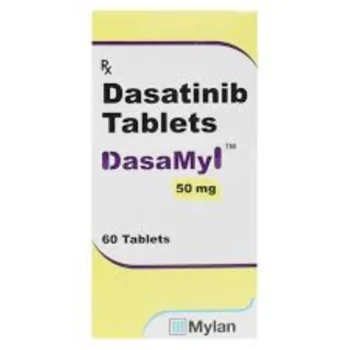Embrace Success with Optimum Metabolic Therapy and Combat Non-alcoholic Fatty Liver Disease Naturally | Porterville, United States
Embark on a transformative journey towards holistic wellness with metabolic therapy inhibitors medicine. Discover innovative solutions for combating non-alcoholic fatty liver disease and reclaim your vitality at optimumPorterville, United States. Embrace proactive steps to nurture your well-being through cutting-edge treatments tailored to rejuvenate mind, body, and spirit – ignite the power of healing within you today. Uncover a path towards vibrant health that transcends limitations and ushers in an era of boundless energy & joy; behold the dawn of a revitalized existence where possibilities are endless.
What is Metabolic Therapy
Metabolic therapy optimizes cellular processes to enhance overall health and combat diseases. Through targeted nutrition, exercise, and lifestyle adjustments, it aims to boost metabolism, regulate hormones, and improve energy levels for a vibrant, balanced life.
A Scientific Approach to Disease Management
In recent years, scientific research has increasingly emphasized the profound impact of metabolic therapy on various diseases. Studies demonstrate its efficacy in mitigating risk factors associated with cardiovascular ailments, such as hypertension and high cholesterol. Additionally, metabolic therapy showcases promising results in cancer treatment by disrupting tumor metabolism and enhancing chemotherapy effectiveness. Furthermore, its neuroprotective properties offer hope in combating neurodegenerative disorders like Alzheimer's and Parkinson's. Backed by robust scientific evidence, metabolic therapy emerges as a holistic approach, leveraging nutrition, exercise, and lifestyle interventions to address multifaceted challenges in disease management and prevention
Human Effects of Metabolic Therapy Inhibitors
Metabolic therapy inhibitors offer promising avenues in disease management, targeting specific pathways to disrupt disease progression. Applied in cardiovascular health, cancer treatment, and neurodegenerative disorders, these inhibitors demonstrate safety through precise targeting, minimizing off-target effects. By modulating cellular metabolism, they hold potential for personalized treatment approaches, offering hope for improved outcomes and enhanced quality of life in patients facing diverse medical challenges.
Conclusion
With an optimum blend of modern medicine and holistic approaches, metabolic therapy shows promising results in combating Non-alcoholic Fatty Liver Disease (NAFLD). These innovative inhibitors target the underlying factors contributing to NAFLD by regulating metabolism at a cellular level. By incorporating lifestyle modifications such as diet adjustments and regular physical activity alongside metabolic therapy, individuals can effectively manage this chronic condition. Research indicates that these interventions not only reduce liver fat accumulation but also improve overall health markers associated with NAFLD. Consultation with healthcare professionals is crucial for personalized treatment plans tailored to individual needs when considering metabolic therapy for managing NAFLD effectively.

